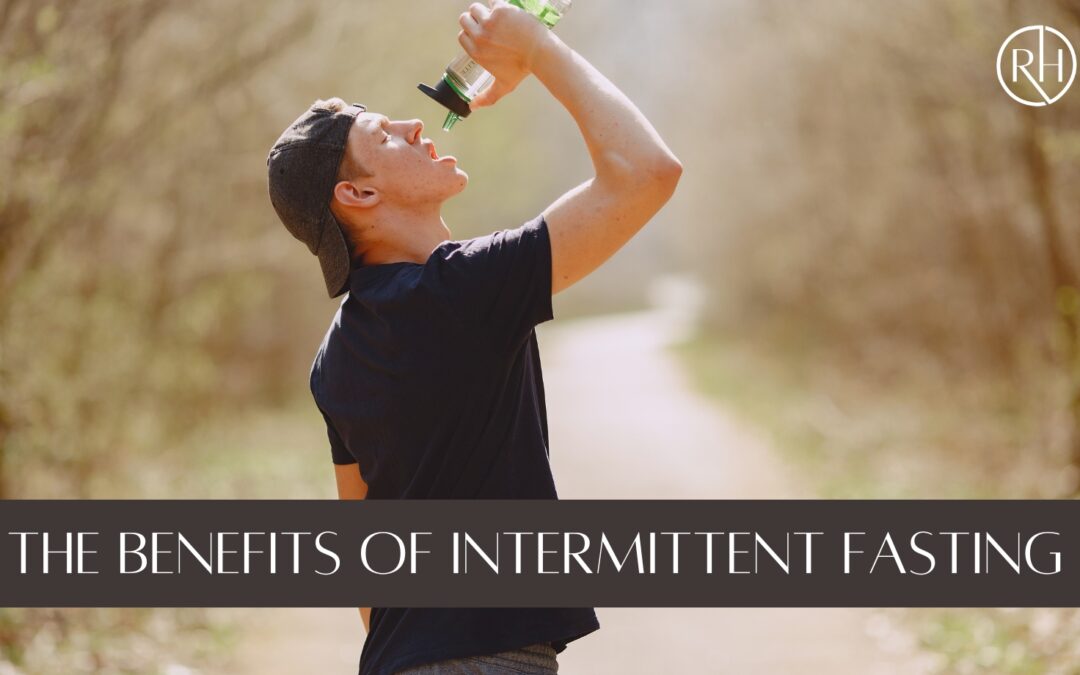Almost everyone has heard about intermittent fasting, but what is the big deal? Is it just another diet fad, or is there really something to it?
Many people find that intermittent fasting provides real, measurable benefits to their well-being. At the same time, some people with specific underlying health issues should not undertake intermittent fasting. Here is some information that should help you determine whether it is something you should try.
What is Intermittent Fasting?
Fasting – refraining from the consumption of food or drink – has been around for a long time and is practiced in many cultures, particularly in connection with religious observances. But unlike religious practices, intermittent fasting does not involve fasting for extended periods. Instead, it involves short periods of fasting followed by short periods in which a person can eat whatever they want. Here are some of the more well-known methods of intermittent fasting:
- 8:16 fasting. With this method, you allow yourself to eat during an 8-hour window every day, followed by 16 straight hours of fasting. For example, a person will eat between 10:00 am and 6:00 pm and fast from 6:00 pm until 10:00 am the next day. For this method, people often begin with a 10:14 routine and cut back progressively to reach the 8:16 goal.
- Eat-Stop-Eat Fasting: This involves fasting for two days of the week. However, with this method, you still have at least one meal daily. This works by beginning a fast in the evening, such as at 6:00 pm. Then you fast until 6:00 pm the following evening.
- 5:2 Fasting: This method limits caloric intake two days a week to only 500 calories.
During the periods of fasting, you may consume water or straight coffee or tea (that is, without sugar, cream, or other additions). As shown by these methods, intermittent fasting focuses on when you eat rather than what you eat. Having said that, many people who adopt intermittent fasting for health reasons should not imagine that they can achieve significant benefits by consuming junk food when eating is allowed. Whenever you limit your food intake, ensuring your body gets the nutrients it needs is essential.
How is Fasting Beneficial?
Intermittent fasting has become a popular, relatively simple way to address problems of diet and behavior in modern life. It is only in the last 50 years or so that lifestyles have shifted so dramatically in ways that are not healthful.
- People sit more, whether in front of a computer at work or a smartphone, television, or tablet at home.
- People eat more processed foods and more food overall, consuming a steady stream of coffee, flavored drinks, snacks, and meals from the time they get up to the time they retire for the evening.
- People spend more time indoors and less time being active in the sunshine and fresh air.
- They disrupt sleep patterns by staying up too late and waking to alarms.
- People consume and are more exposed to chemicals in medications, food additives, food packaging, and water, soil, and air pollution.
These lifestyle practices have resulted in an increase in cases of heart disease, obesity, diabetes, gastrointestinal disorders, and even cancers.
Intermittent fasting is a way to jump-start the body’s metabolism. When the body is deprived of a constant intake of food, it adjusts. Rather than drawing energy and nutrients from your last meal, your body uses stored energy – in other words: fat. It also makes further adjustments to ensure the body uses energy efficiently to optimize its mental and physical capabilities when nutrients are not readily available.
Fasting helps at the most basic level: the cellular level. Just as your body uses your sleep hours to repair and renew, the fasting period gives the cells time to repair and remove waste (autophagy). During this fasting period, your blood sugar levels decrease temporarily. Your endocrine system works to achieve hormonal balance, improving sleep and giving you a feeling of well-being and energy. These effects, in turn, will encourage you to lead a more healthful lifestyle, helping you to lose weight and giving you the energy to be more active.
Studies suggest that consistent intermittent fasting could reduce inflammation levels in the body, lower blood pressure, improve insulin sensitivity, and lower cholesterol levels. These effects have long-term implications for heart health, lifespan, and avoiding neurodegenerative diseases.
Many people who have undertaken intermittent fasting report greater mental clarity and sharpness and a boost in their memory functions. They also report enhanced physical performance, with no loss of muscle mass despite the loss of body mass.
Are There Any Downsides to Intermittent Fasting?
Before embarking on intermittent fasting or any other significant changes in your diet routine, you should consult your healthcare provider to ensure there are not some pre-existing health conditions that would make intermittent fasting inappropriate. Some of these conditions may include if you are:
- Under 18 and still growing
- Diabetic
- Have an eating disorder or a history of eating disorders
- Are pregnant or breast-feeding
There may be other conditions that may make it unwise for your health. In addition, some people find it very difficult to stick to intermittent fasting, and they may have to modify their routines. Some of the methods may be better for you than others.
Achieve Optimum Performance Through REVV Health
If you are interested in performing at your peak, consider exploring the potential benefits of intermittent fasting. Whether you’re looking for better weight management, enhanced metabolic function, or improved mental acuity, you may find that intermittent fasting is the way to go. It is free and easy to adopt, even in a busy life.
At REVV Health, our goal is to help our clients optimize how their bodies function to achieve both immediate health improvements and long-term disease prevention and longevity. Our primary focus is providing natural compounds that spur the endocrine system to attain hormonal balance. However, we often recommend that our clients try intermittent fasting, as well, because of the many benefits it can provide. If you would like to learn more about how REVV Health can help you live your best life, call REVV Health today.


